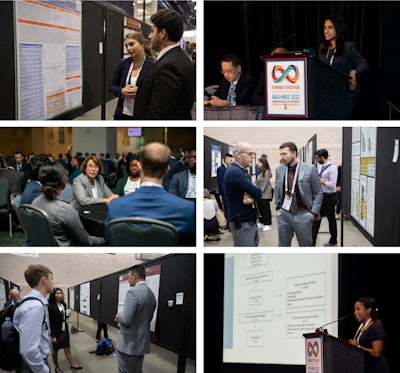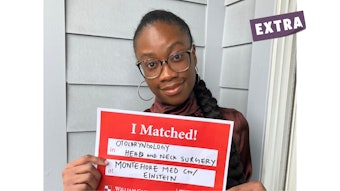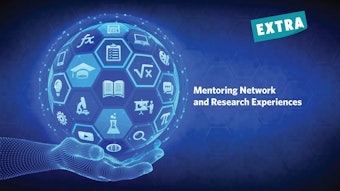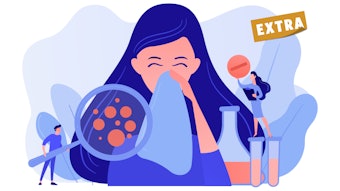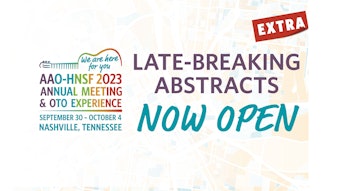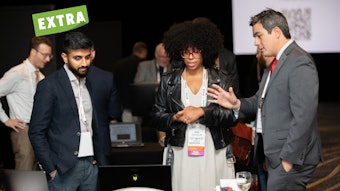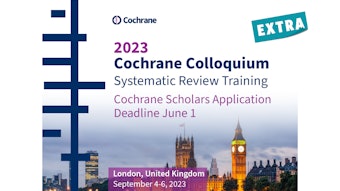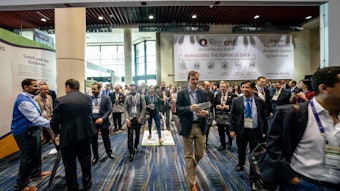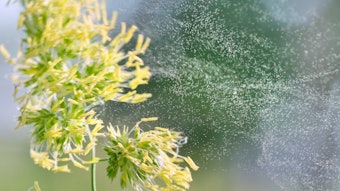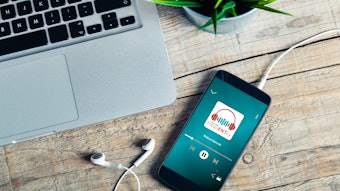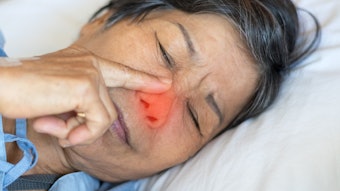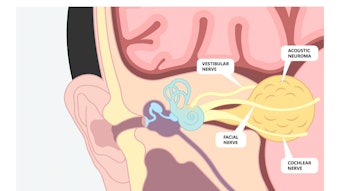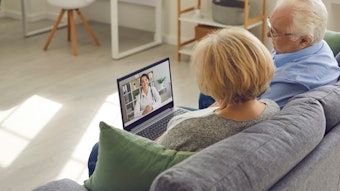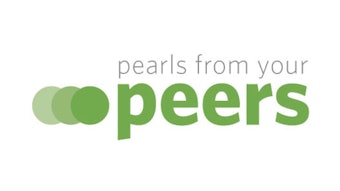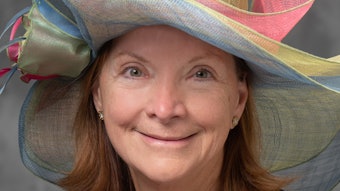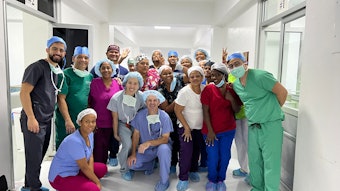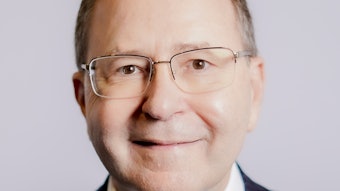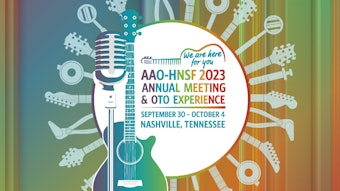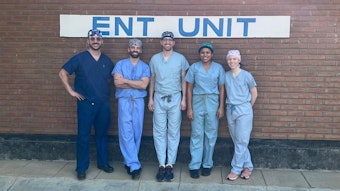How to Prepare Students for the Annual Meeting
The AAO-HNSF Annual Meeting & OTO Experience can be overwhelming for a first timer. It helps if you open doors for them.
MM Carr, DDS, MD, PhD, Annual Meeting Program Committee member
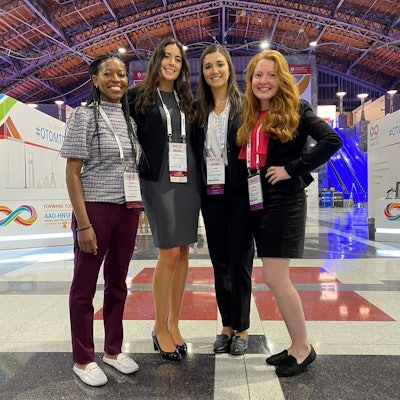
Planning Ahead
These meetings can be expensive, and students should know this up front. If the student is presenting, they should apply for travel grants from the AAO-HNS. Attendings are in a better position to find out if their department will contribute to student expenses. Communicate this to your student as they may not know to ask about funding. Last year, some of our local doctors contributed out of pocket to support students who were presenting projects. People wanted to help, I just had to ask.
Most students who attend are presenting something, and it's worth spelling out expectations and obligations. This includes showing them how to make a Scientific Poster or a slide set and giving them access to departmental templates. Some students need specific instructions. Sometimes using a good Poster from last year as an example is helpful. Poster presenters need to be present at their Poster session, and many mentors will plan to be there as well. I prepare the student about what to expect based on previous events.
If your mentee is doing a Scientific Oral Presentation, first of all congratulations! I find this is generally much more successful if I go over the talk with them at least a week or two in advance, ideally in front of other people to give them the closest experience to the “real thing.” I encourage questions and anticipate what the audience will ask. We go over details including:
- Where they should sit in the meeting room.
- How they should dress.
- What to say when they come up to the microphone.
- How to end their talk.
- What will they do if they make a mistake?
- Do they need to tell the moderator how to pronounce their name?
This will be the first time most students have seen anything like this, so it pays to do a dry run. Scientific Oral Presentations are high stakes in their eyes. It goes without saying that I do my best to be there. And I’ve learned to take pictures for students.
At the Meeting
I have come to understand that students don't initially realize that there's more to the meeting than their own scientific session. They benefit from advice on other sessions that would be worthwhile for them to attend. Students like the Academic Bowl for example, and apart from Scientific Oral and Poster Presentations, there are going to be at least some clinical sessions to which they can relate.
The Annual Meeting gives them the opportunity to see presenters in action who they will later see authoring journal articles and textbooks. I try to direct them to talks that I know will be engaging, or I bring them along to talks that are relevant to whatever work we’re doing together. This year there are student-specific activities—like the mentoring session sponsored by the Board of Governors; the Poster tour, sponsored by the Young Physicians Section; Student Session on Residency; Student Session on Private Practice, sponsored by the Private Practice Study Group (PPSG); and Home Room for Students and Residents, offering opportunities to discuss specific topics and professional development advice. Last year we ran a student GroupMe, and there are plans to do that again.
It's smart to keep tabs on your student to some degree. Yes, they are adults, but as a mentor we bear some responsibility for encouraging them to take this trip. The motivated medical student can surely navigate a crisis, but it’s still nice to know you’re not alone. We should feel comfortable asking our students whether they have a safe place to stay and plans for meals. If you have departmental social events, make sure your student is included and feels welcome. Encourage students to attend any AAO-HNS/F social events that are appropriate as well. Introduce your student to your network.
There’s nothing like your first national meeting. Support from an experienced (future) colleague can make all the difference. Opening doors to the specialty and making students feel welcome can be the inspiration for a career as an engaged otolaryngologist who supports our specialty.
